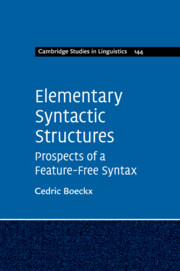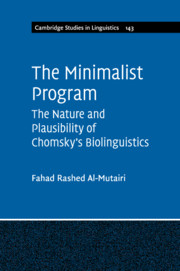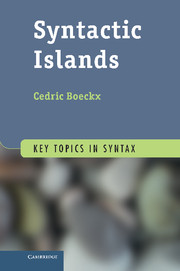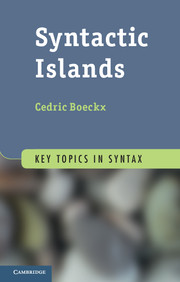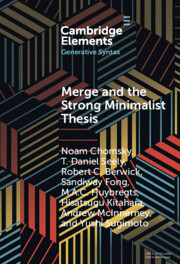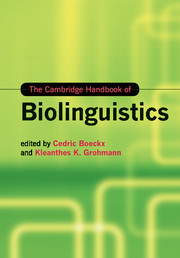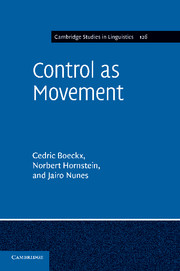Elementary Syntactic Structures
Most syntacticians, no matter their theoretical persuasion, agree that features (types or categories) are the most important units of analysis. Within Chomskyan generative grammar, the importance of features has grown steadily and within minimalism, it can be said that everything depends on features. They are obstacles in any interdisciplinary investigation concerning the nature of language and it is hard to imagine a syntactic description that does not explore them. For the first time, this book turns grammar upside down and proposes a new model of syntax that is better suited for interdisciplinary interactions, and shows how syntax can proceed free of lexical influence. The empirical domain examined is vast, and all the fundamental units and properties of syntax (categories, parameters, Last Resort, labelling, and hierarchies) are rethought. Opening up new avenues of investigation, this book will be invaluable to researchers and students in syntactic theory, and linguistics more broadly.
- Opens up new avenues of research in the context of language variation
- Shows how syntax transformed conceptual and sensorimotor abilities inherited from our primate mind and outlines evolutionary scenarios that combine human uniqueness and Darwinian descent with modification
- Shows how linguistic theory can be guided by biolinguistic considerations
Reviews & endorsements
'To be a good biolinguist, one needs to be a serious anti-lexicalist. Cedric Boeckx proves it by bringing together the highlights of modern syntactic theorizing and biological thinking.' Koji Fujita, Kyoto University
'Cedric Boeckx presents a novel re-conceptualization of contemporary linguistic theory aimed at precipitating the Chomskyan vision of a reduction of linguistics to biology. His achievement is to simultaneously reduce the language-specific aspects of mankind's biological endowment for language to an evolutionarily plausible core while saving the data of current linguistics: providing a roadmap for reconstituting within a lexicon-free syntax the descriptive and explanatory results of linguistics over linguistic universals and language typologies. This impressive and compelling volume should foster informed dialog across the disciplines toward the goal of understanding how the human brain manages language.' Alec Marantz, New York University
Product details
No date availablePaperback
9781316645376
220 pages
229 × 151 × 11 mm
0.3kg
3 b/w illus. 2 tables
Table of Contents
- Preface
- Abbreviations and symbols
- 1. Biolinguistic concerns
- 2. Syntactic order for free: merge α
- 3. Trusting in the external systems: descent with modification
- 4. Elaborate grammatical structures: how (and where) to deal with variation
- 5. Interdisciplinary prospects
- Appendix 1. Déjà vu all over again?
- Appendix 2. Switching metaphors: from clocks to sandpiles
- Appendix 3. More on the loss of syntactic variation
- Bibliography
- Index.

